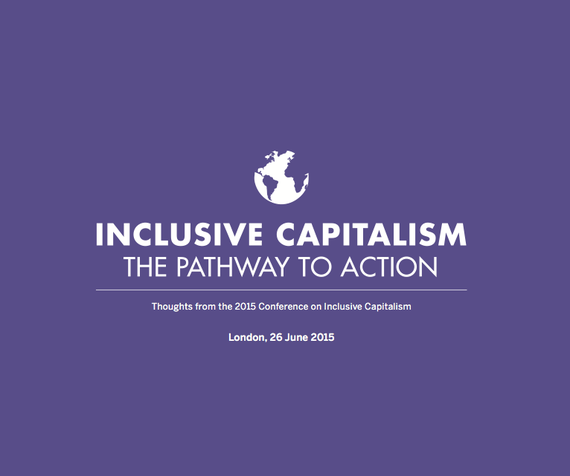The main barrier to achieving inclusive capitalism is shorttermism - both of companies and of shareholders.
CEOs of publicly listed companies are excessively focused on quarterly earnings rather than multi-decade profitability.
This short-termist behaviour is largely because shareholders demand it. Failure to meet quarterly earnings targets typically results in investor abandonment and share price declines in the short term. Company executives, whose compensation is linked to share price performance, are compelled to boost short-term shareholder returns through job layoffs or offshoring, excessive exploitation of natural resources, paying out more dividends and buying back stock. These measures are made at the expense of cultivating a higher-skilled workforce, harvesting resources in an environmentally sustainable fashion, and investing in capital expenditures necessary for long-term growth.
Short-termism not only leads to less inclusive capitalism in the short term but lowers corporate profitability in the long term. Firing workers rather than upgrading their skills destroys livelihoods, reduces consumer incomes and shrinks the pool of potential buyers for goods and services. Excessive exploitation of natural resources degrades the environment and undermines resource sustainability critical for longevity in corporate earnings. Underinvesting decreases job creation and inhibits the long term growth potential of companies.
Corporate practices aligned with inclusive capitalism are therefore not only beneficial for the ordinary worker, the environment and society, but also in the best, long-term interest of companies and shareholders.
Taking a long-term perspective is, however, challenging in a world that increasingly has a shorter attention span and demands ever more immediate gratification. Overcoming short-termism requires a combination of education, government policy and corporate initiative. Most critically, it requires leadership - strong leadership in both the private and public sector.
Leaders in government must have the gumption and determination to overcome vested interests and implement policies that incentivise long-termist corporate and investor behaviour. Business leaders must have the strength and will to resist unreasonable demands of opportunist activist investors who are only out to make a quick buck by trading a company's stocks. Only with strong leadership can shorttermism be overcome and a more inclusive form of capitalism be achieved.

